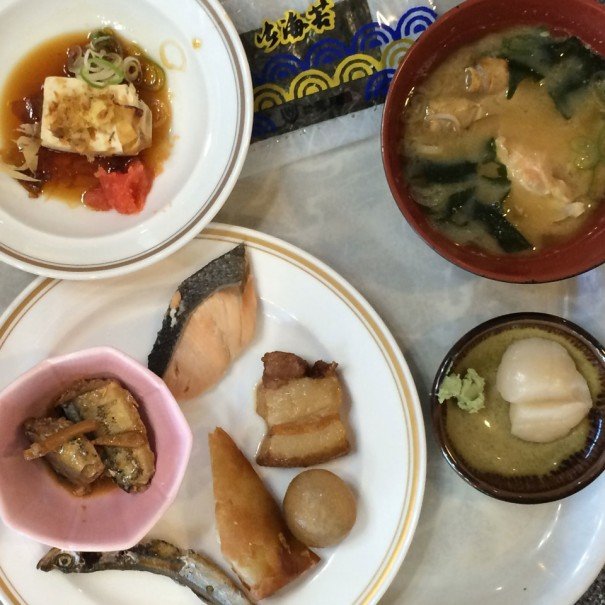
The Ocean is Our Ocean

The Ocean is Our Ocean
Monbetsu, on the northern lip of Hokkaido, isn’t exactly a border town. It lies on the Sea of Okhotsk, whose ice floes occasionally drift ashore in winter, and touches no other country. But the sea can feel like a border at times, especially in the summer, when Russian fishing boats and crab trawlers sulk into port, and the men who come forth from their holds head into the city to look for places to drink, women to talk to, and tubs of Skippy peanut butter to buy for their long voyages at sea. The Japanese of Hokkaido are a looser set than you’ll find in the more ancient prefectures further south, but they still value their routine. And Russian sailors, with their want and disruption, are not always welcome. For years now there have been embarrassing controversies about Russians being turned away from Monbetsu bars and restaurants. One enterprising business owner went through the trouble of printing a sign in Cyrillic—“This Store is Only for Japanese”, it says.
I spent my first night in Monbetsu looking for Russians in Hamanasu Dori, a district lined with karaoke and escort bars. The story that got me hired at TIME Magazine more than a decade ago was about carousing with Russian crab fishermen on shore leave in Seattle, and I always try to find Russians abroad and drink with them when I can. But I was the only foreigner in Hamanasu Dori on that night.
Defeated, I returned home for a few hours of sleep. The next morning, at the half-shabby Monbetsu Prince Hotel where I was staying, the breakfast was elaborate, and though I can’t deny the appeal of crab miso and raw scallop and small mackerels from the sea, in a certain light it seemed almost aggressively Japanese. The ocean is our ocean, it seemed to say. It is a Japanese ocean. We will gut its squid to make our sauces, dry its mackerel and serve them with shoyu, press its seaweed and wrap it in plastic. We will set a table, but not all will be invited.